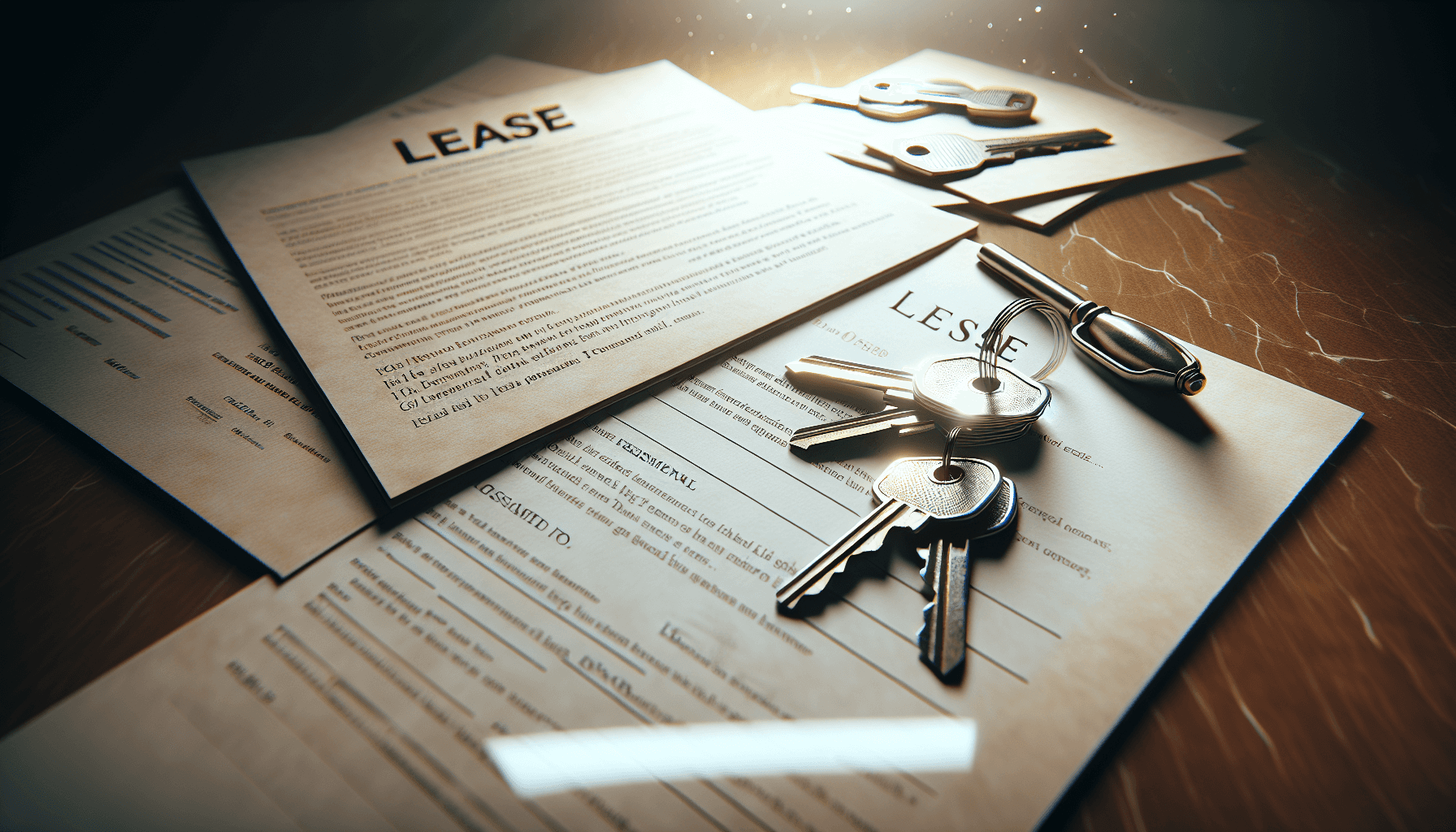Industrial Lease: A Comprehensive Guide to Warehouse Rental Agreements
The industrial real estate market continues to grow as businesses expand their operations and distribution networks. Whether you're looking to rent your first warehouse space or upgrade to a larger facility, understanding industrial leases is critical for making smart business decisions.
Industrial Lease: An industrial lease is a legal agreement between a landlord and tenant for the rental of industrial property such as warehouses, manufacturing facilities, or distribution centers. This type of lease typically includes specific provisions regarding environmental compliance, hazardous materials handling, and operational regulations to protect both the property and neighboring tenants.
Types of Industrial Leases
Industrial property leases come in several forms, each with unique characteristics. The Triple Net (NNN) Lease puts most expenses on the tenant, including property taxes, insurance, and maintenance. Under a Modified Gross Lease, landlords handle some operating expenses while tenants cover others. Full-Service Leases include all expenses in the base rent, though they're less common in industrial settings. Percentage Leases include a base rent plus a percentage of the tenant's gross income.
Key Components of Industrial Leases
Your industrial lease agreement should clearly outline several critical elements:
Base rent structure and payment schedules
Operating expense responsibilities
Utility costs and maintenance duties
Required insurance coverage
Environmental compliance standards
Loading dock access and usage rules
Security deposit amounts and terms
Special Considerations
Industrial properties have unique requirements that need careful attention:
Local zoning laws might restrict certain business activities
Building height and floor load capacity limits
Operating hours restrictions
Vehicle access and parking regulations
Fire safety system requirements
Environmental impact compliance
Common Industrial Lease Terms
Standard lease agreements typically address:
Lease duration options (3-5 years typical)
Renewal rights and notice periods
Early termination conditions
Subletting rules and restrictions
Maintenance responsibility allocation
Negotiating Industrial Leases
Smart negotiation starts with understanding market rates, building specifications, and your business needs. Pay attention to:
Space requirements and configuration
Loading dock availability
Ceiling heights
Floor load capacity
Column spacing
Common Mistakes to Avoid
Watch out for these potential pitfalls:
Underestimating total occupancy costs
Not planning for business expansion
Misunderstanding repair responsibilities
Inadequate insurance coverage
Future Trends in Industrial Leasing
The industrial leasing market continues to adapt to new business needs:
E-commerce fulfillment requirements
Automated storage and retrieval systems
Green building features
IoT integration for facility management
Take Action on Your Industrial Lease Needs
Finding the right industrial space involves many moving parts. Bellhaven Real Estate specializes in industrial property leasing, offering expert guidance through the entire process. Our team knows the local market inside and out, and we're ready to help you find the perfect warehouse or manufacturing space for your business.

